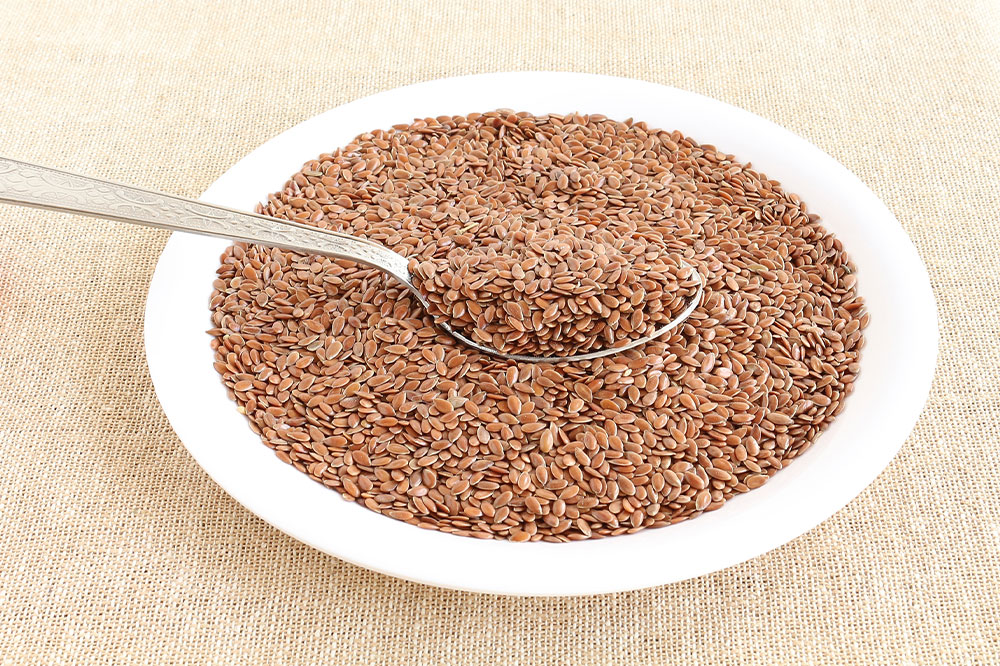5 foods to eat to prevent lupus flare-ups

Lupus is a chronic autoimmune disease that causes inflammation and swelling in the joints. If statistics are to be believed, at least 1.5 million people suffer from lupus. Although a chronic disease, lupus flares can be easily managed with clinical treatments, and lifestyle changes can make its management easier. These changes can be in the form of adding foods to your daily meals. The following article lists five foods for efficient lupus flare management.
Flaxseeds
Nutritionists consider flaxseeds as a superfood. Adding flaxseeds to daily meals can avoid or reduce lupus flares. The alpha-linolenic acid present in it has atherogenic properties, which can reduce inflammation associated with lupus. The lignans present in flaxseeds are a platelet-activating factor (PAF) – receptor antagonist that can also be beneficial in treating lupus nephritis.
Fatty fish
Fatty fish such as mackerel, salmon, trout, and herring are rich in docosahexaenoic acid (DHA) and HUFA (highly unsaturated fatty acid), which are a type of omega-3 fatty acid. These nutrients are associated with decreasing inflammation due to autoimmune diseases like lupus. Other foods rich in omega-3 fatty acids that can reduce or avoid lupus flares include Brussels sprouts, algal oil, chia seeds, and walnuts.
Whole grains
Metabolism plays an important role in any disease management. In this case, a poor metabolism can lead to a lupus flare. Refined grains reduce the body’s metabolism that can increase the risk of lupus flare as they take longer to process. Nutritionists recommend eating whole grains like rye, barley, cracked wheat (bulgur), quinoa, and oatmeal as these are lighter on the digestive system and contain healthy fiber that aids in digestion, decreasing the risk of inflammation.
Fresh fruits and vegetables
Researchers believe that one of the reasons for autoimmune diseases like lupus is a lack of nutrients in daily meals. As the body processes the foods, it leaves behind free radicals. The rise of these free radicals in the body damages the cells, causing symptoms like swelling, inflammation, and stiffness, increasing the risk of a lupus flare. Certain fruits and vegetables are rich in antioxidants that kill these free radicals present in the body and repair cell walls, which can reduce symptoms associated with lupus. Antioxidant-rich fruits and vegetables include strawberries, blueberries, artichokes, avocado, radish, lettuce, sweet potatoes, and collard greens.
Yogurt and dairy
Probiotic-rich foods like yogurt, tofu, tempeh, and kefir can increase good bacteria in the gut and reduce the risk of developing a lupus flare. Patients suffering from lupus have an increased risk of developing osteoporosis. Hence, including dairy products like milk and cheese ensures a daily dose of calcium and vitamin D, which can reduce the risk of osteoporosis due to lupus flare up.